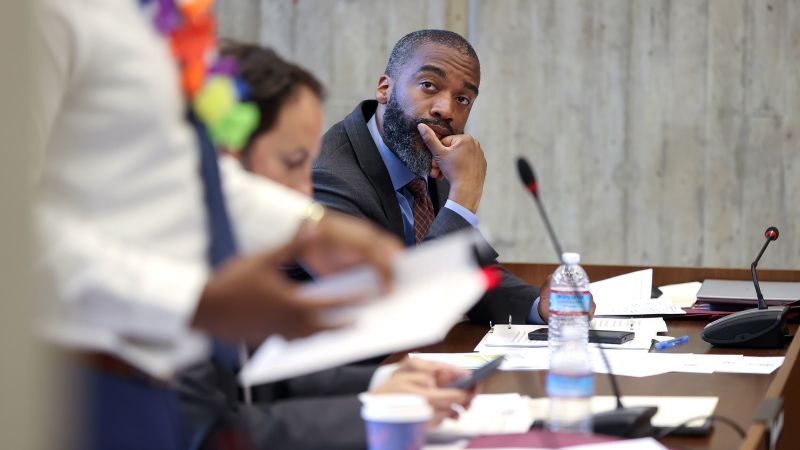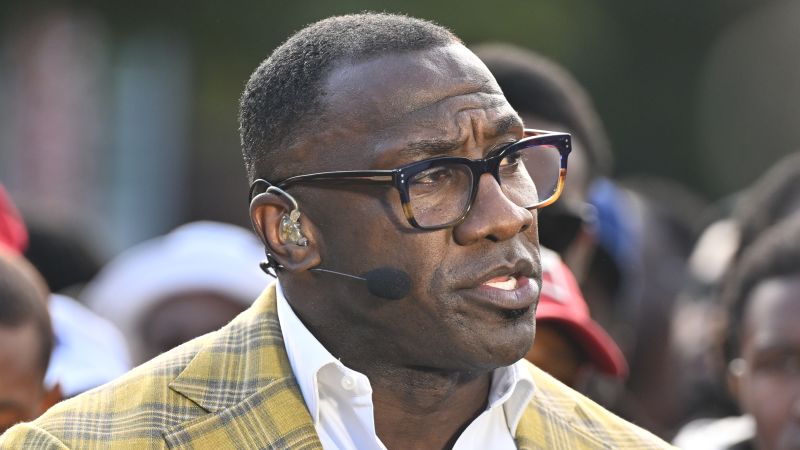
Expanding Historically Black Colleges and Universities: A Path to Inclusive Education
Opinion | 8/17/2025
City officials in Boston and San Francisco are advocating for the expansion of Historically Black Colleges and Universities (HBCUs) beyond the South, aiming to enhance opportunities for Black students in higher education and boost economic diversity in their regions. Leaders in these cities see the establishment of satellite campuses of HBCUs as a strategic move to address the underrepresentation of Black students in higher education and contribute to a more inclusive academic landscape.
In a statement regarding the initiative, a spokesperson for the Boston city government highlighted the importance of creating pathways for Black students to access quality education. The push to bring HBCUs to new locations aligns with efforts to promote diversity, equity, and inclusion in educational institutions across the country. This move is seen as a proactive step in fostering a more representative and supportive environment for minority students pursuing higher education.
San Francisco officials echoed similar sentiments, emphasizing the potential economic benefits of hosting satellite campuses of HBCUs in their city. By attracting a diverse student population and faculty, these satellite campuses could contribute to a more dynamic and inclusive academic community. Additionally, the expansion of HBCUs beyond traditional Southern regions could help bridge educational disparities and create new opportunities for students from underrepresented backgrounds.
While the initiative to expand HBCUs beyond the South has garnered support from some city leaders, it has also faced challenges and pushback from critics. Concerns have been raised about the feasibility and sustainability of establishing satellite campuses in new locations. Despite these challenges, advocates for the initiative remain committed to their goal of broadening access to HBCUs and promoting greater diversity in higher education.
As discussions continue among city officials and stakeholders, the effort to expand HBCUs beyond the South reflects a broader commitment to advancing diversity, equity, and inclusion in academic settings. The potential establishment of satellite campuses in cities like Boston and San Francisco could signal a significant step towards creating more opportunities for Black students and fostering a more inclusive educational landscape nationwide.


